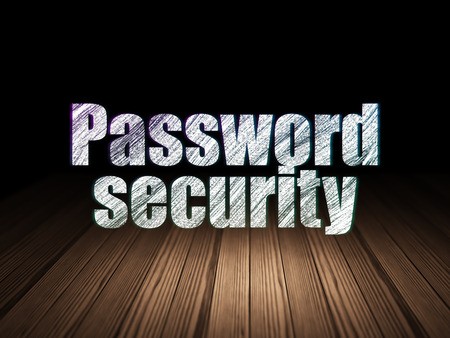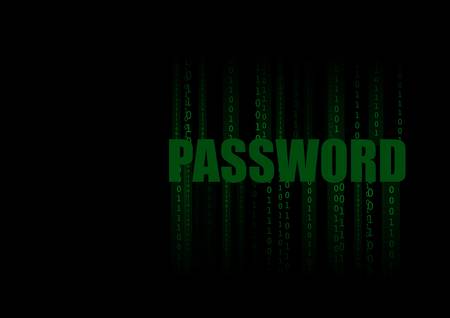How to Prevent Password-guessing Attacks

Cybersecurity and IT professionals set the standards for what an organization considers to be a secure password. Cybersecurity research indicates that the effectiveness of password-guessing conducted by hackers or algorithms, begins to decrease in its efforts when it becomes around 4 to 5 characters. Longer passwords, typically between 8-12 characters, are far more secure than those with a lesser number. It is also a best cybersecurity practice to require longer passwords to include upper and lowercase letters, numbers and special characters. It is important to implement this as policy as it can help the organization prevent brute force penetrations by hackers. Many password-guessing programs are more successful at breaking a system’s authentication if the password only requires a few characters. Organizations want to protect against these types of vulnerabilities in order to maintain its professional reputation, prevent identity theft and cyberattacks taking place on systems and networks.


